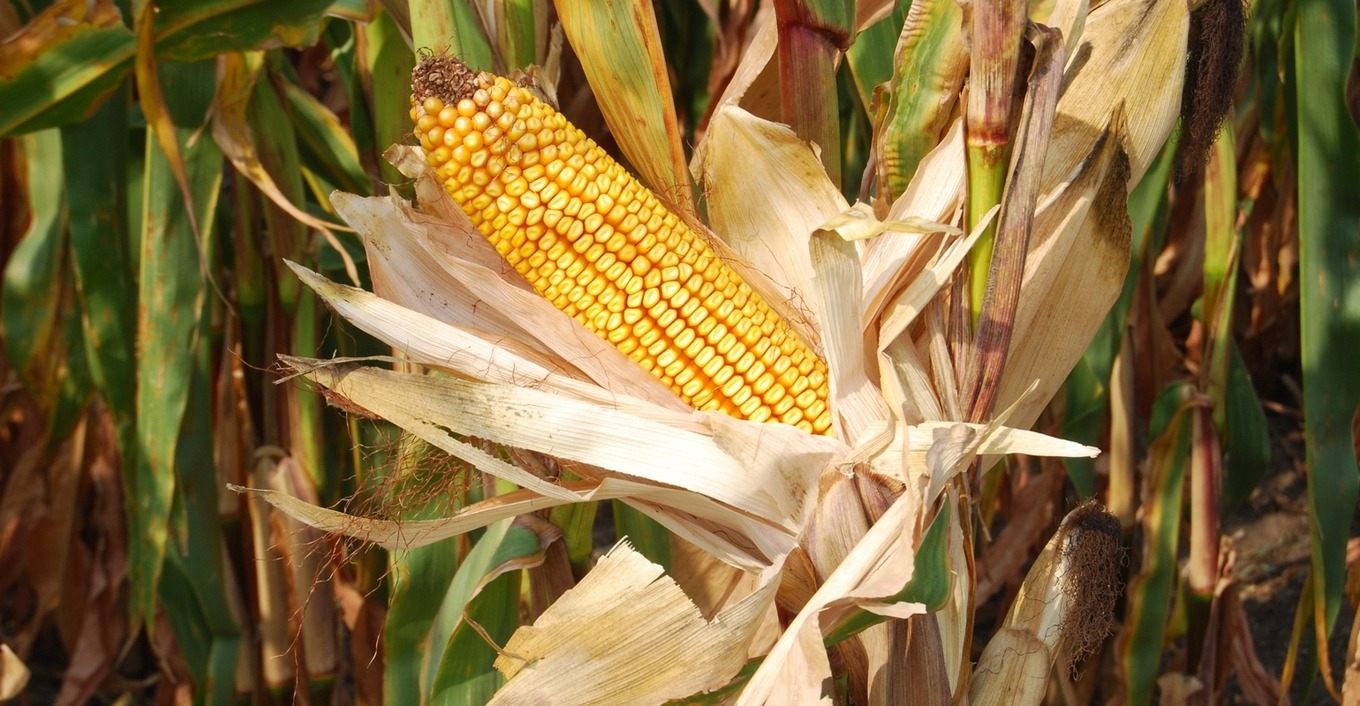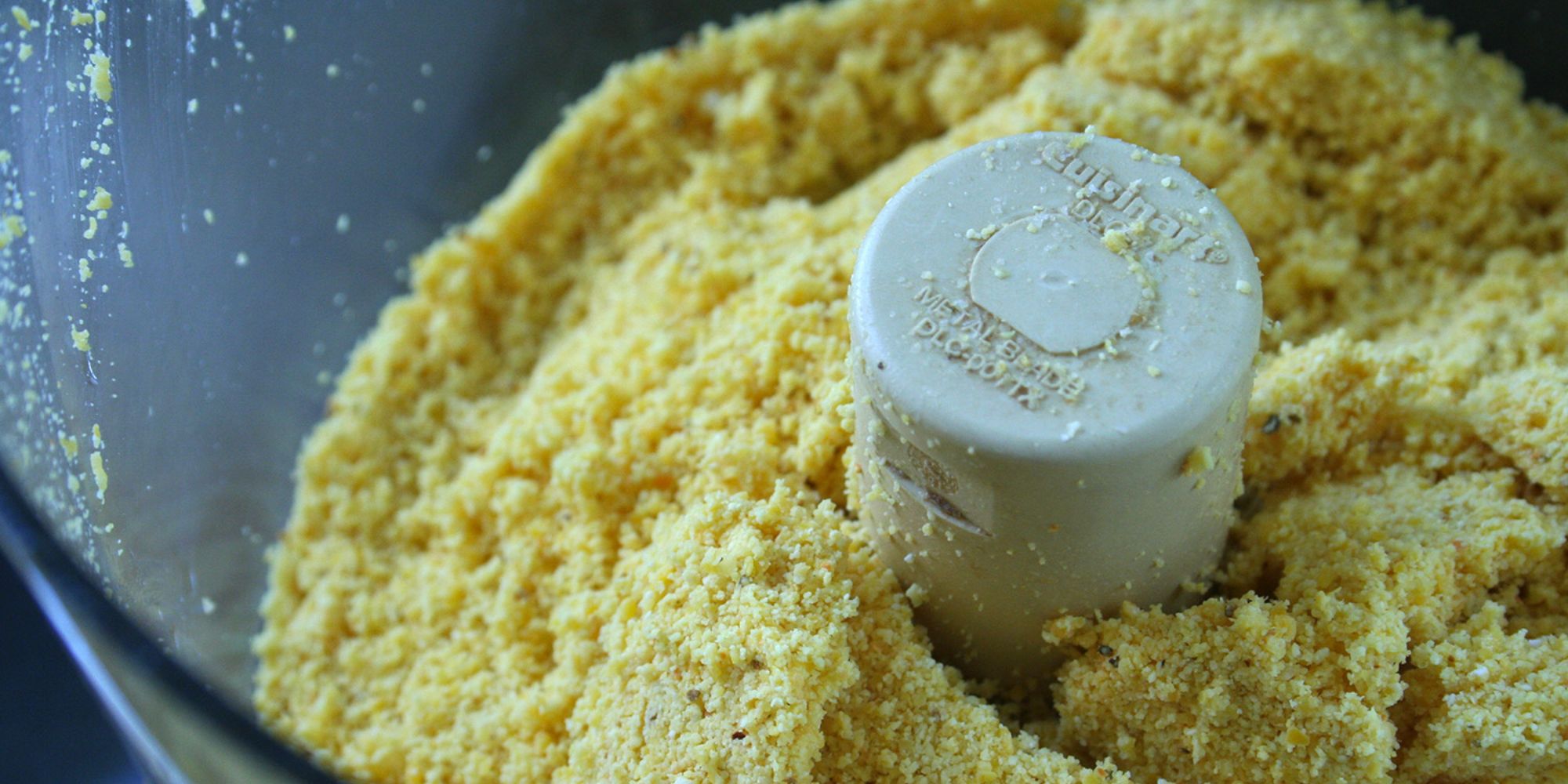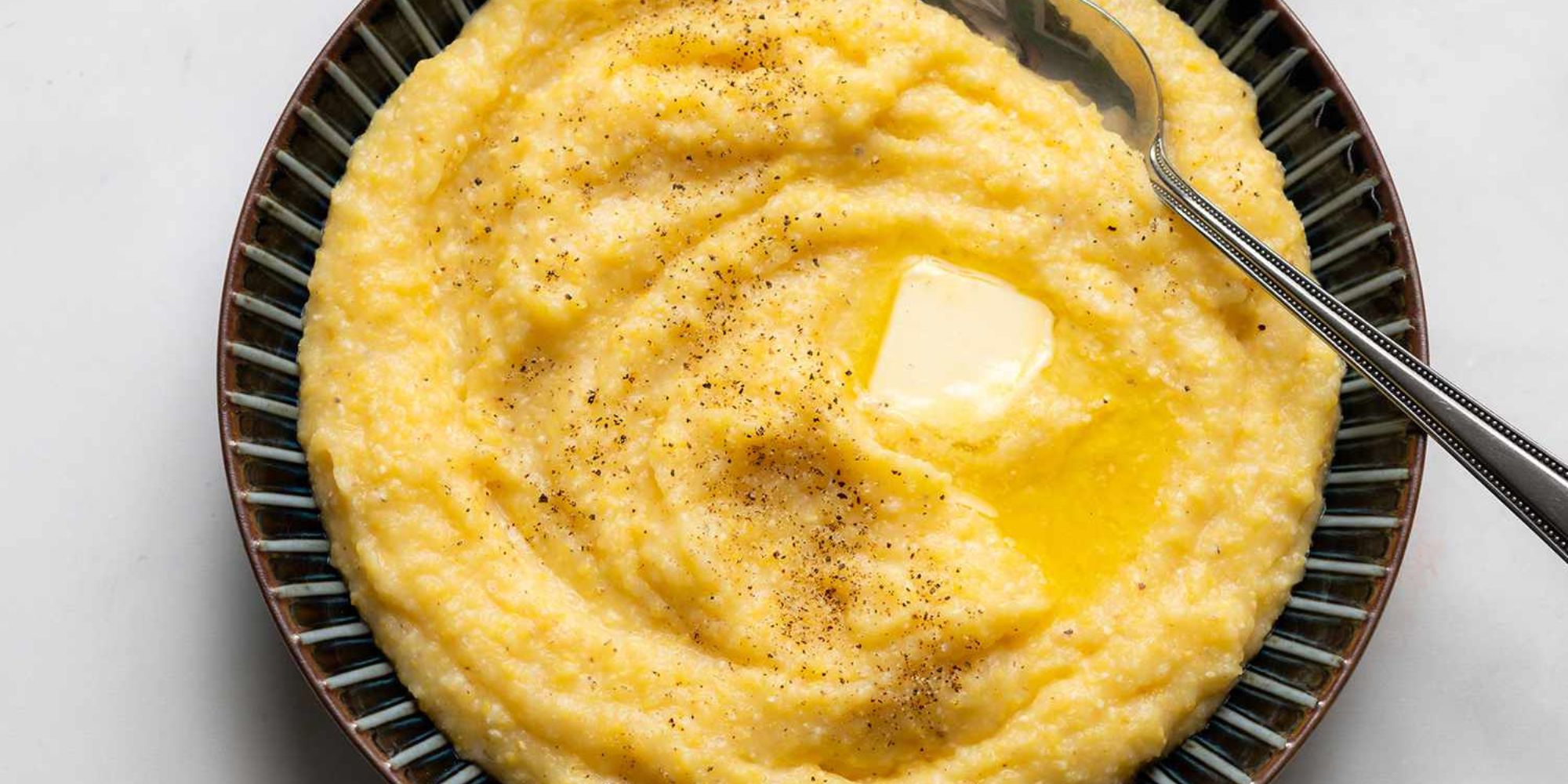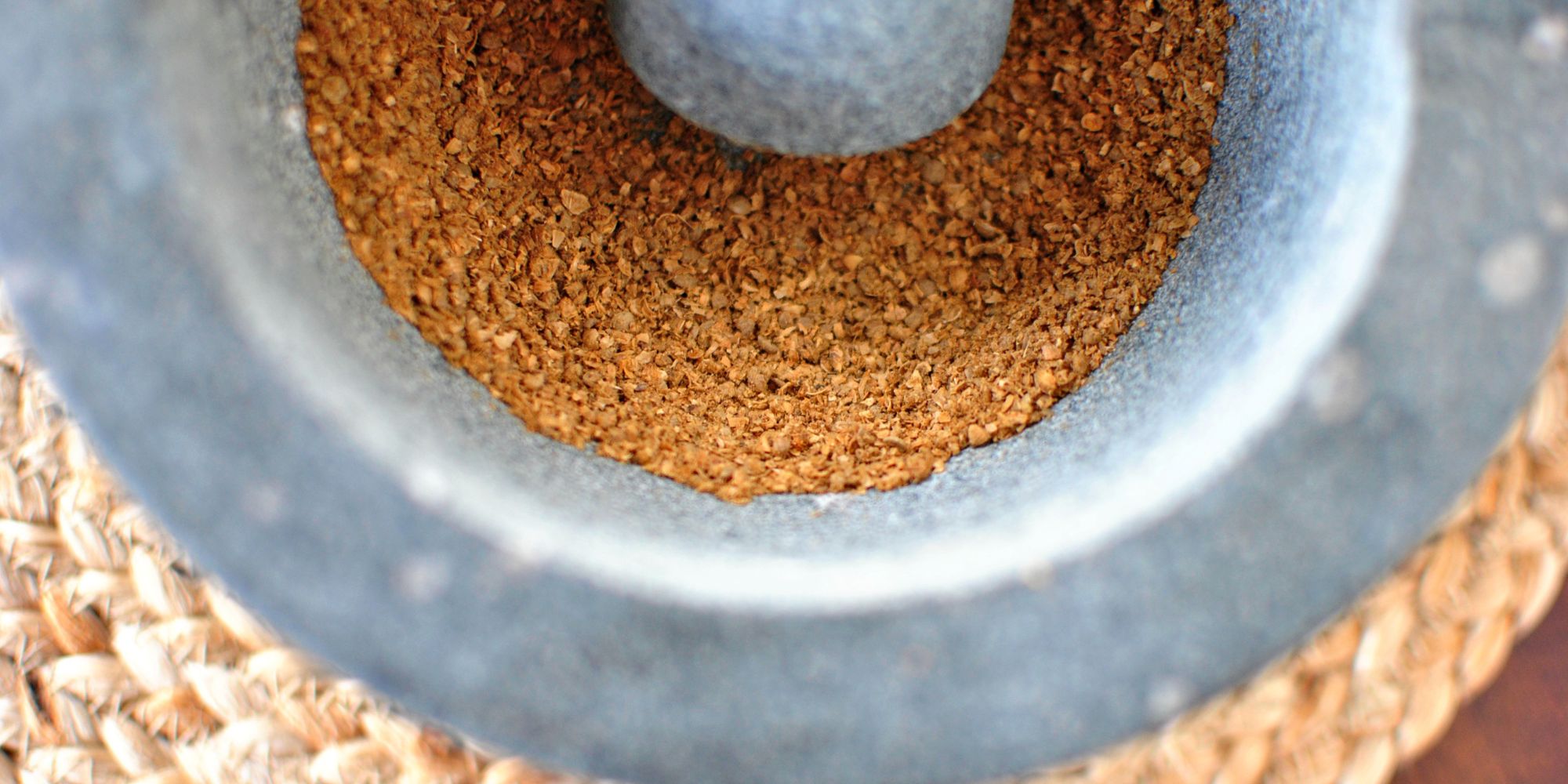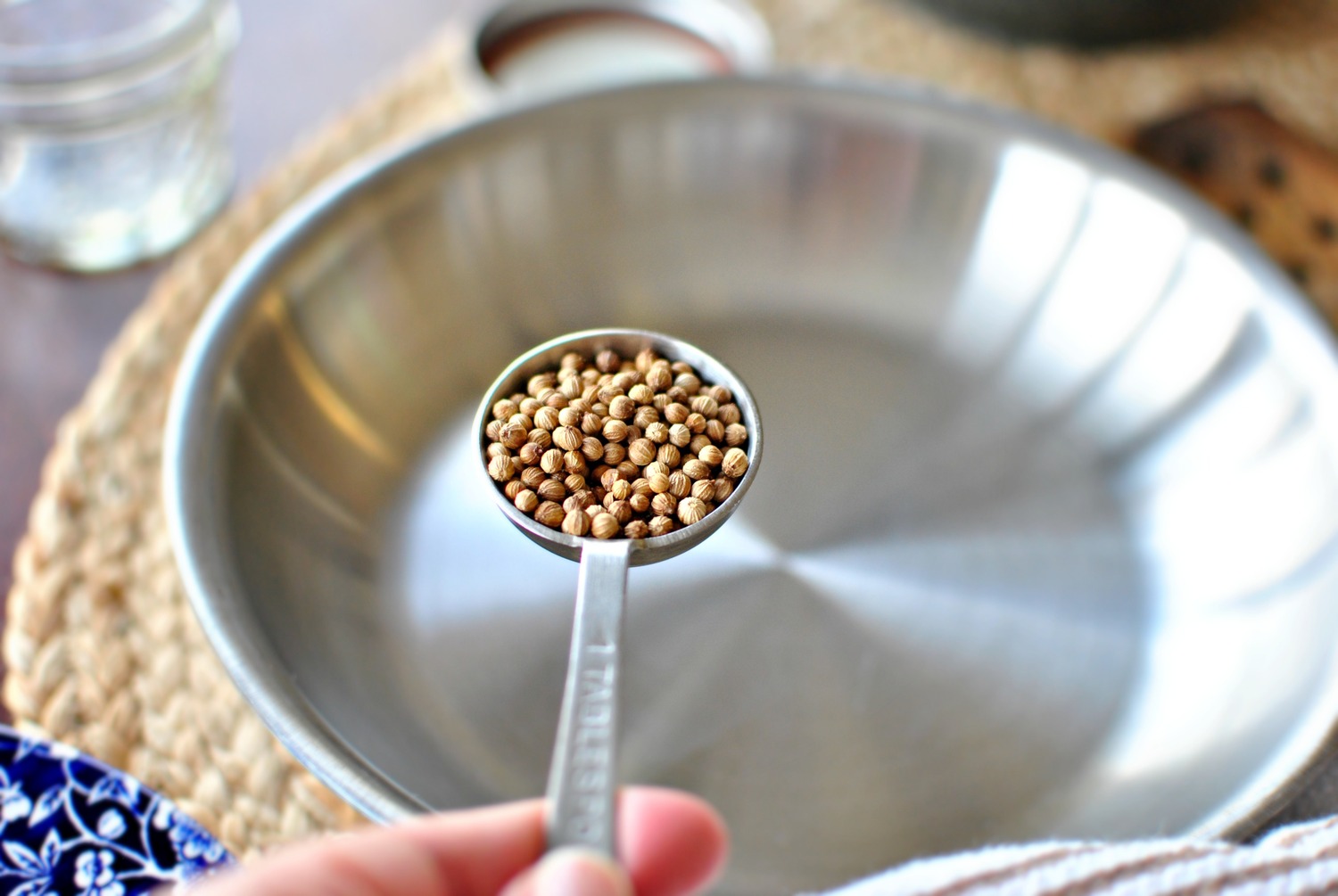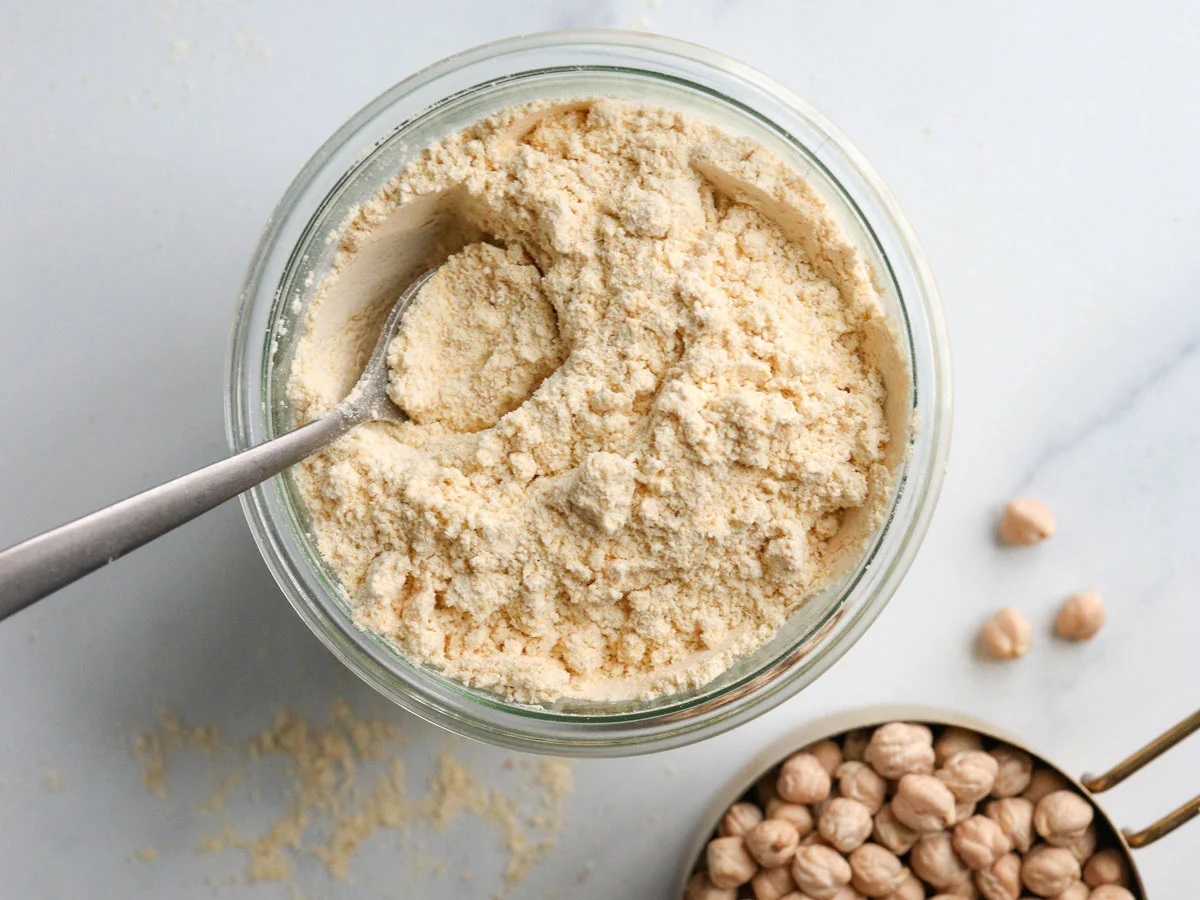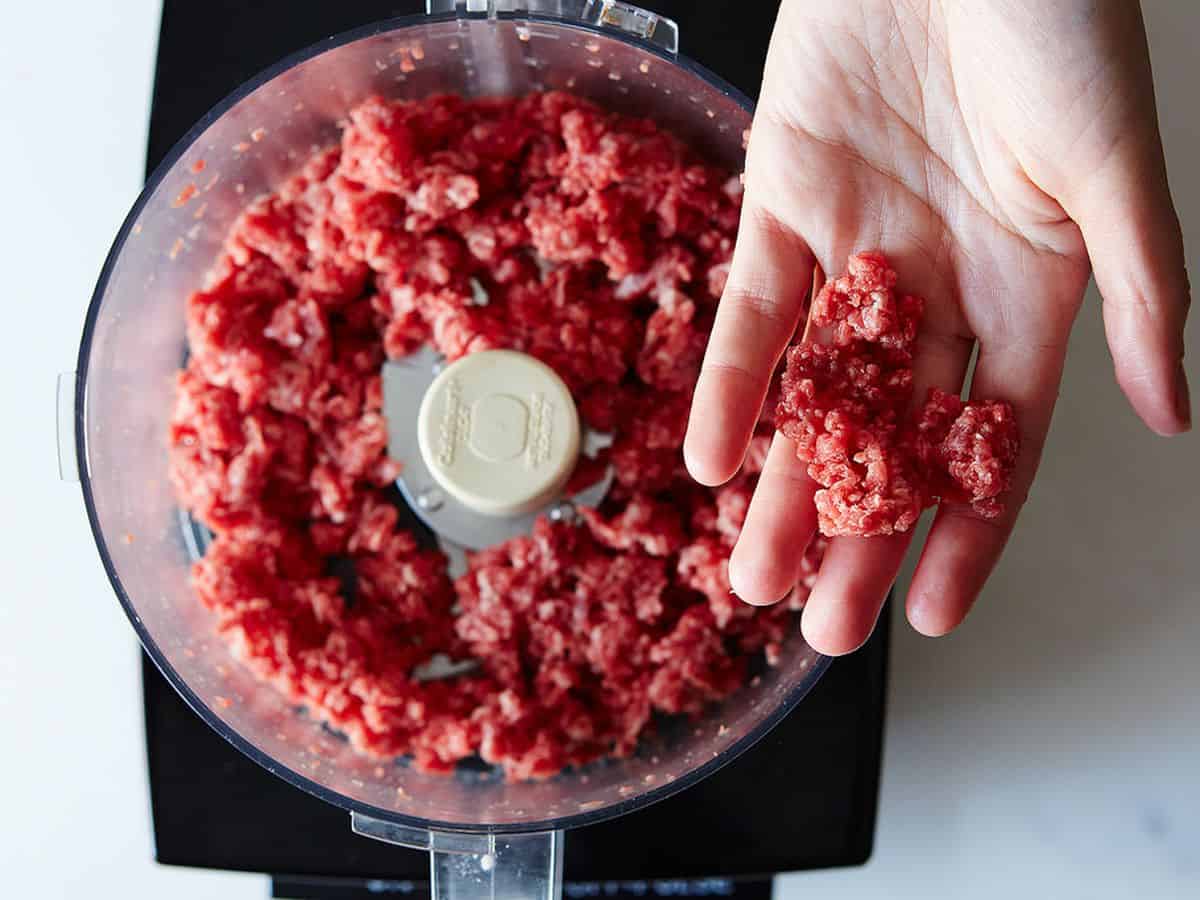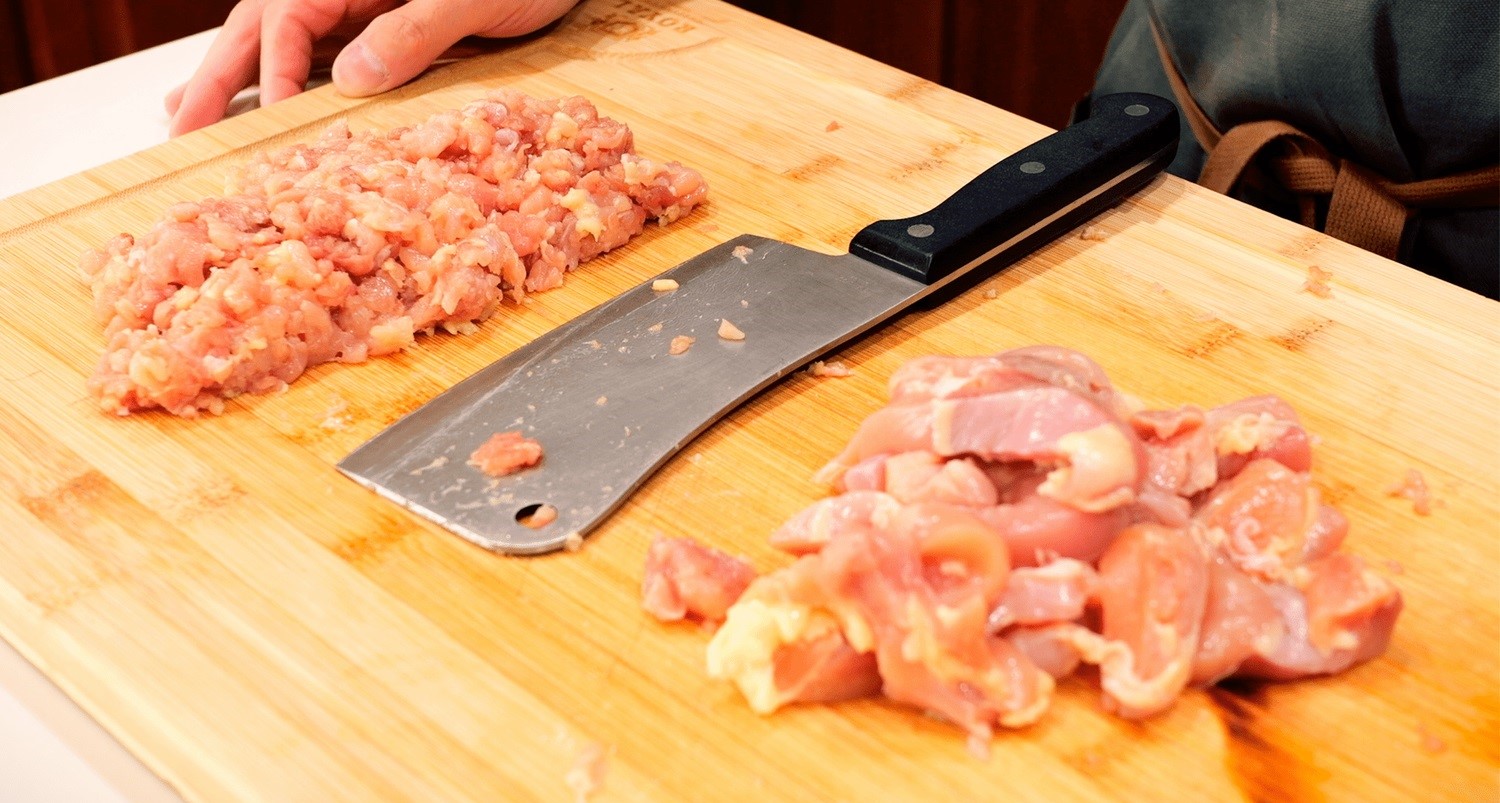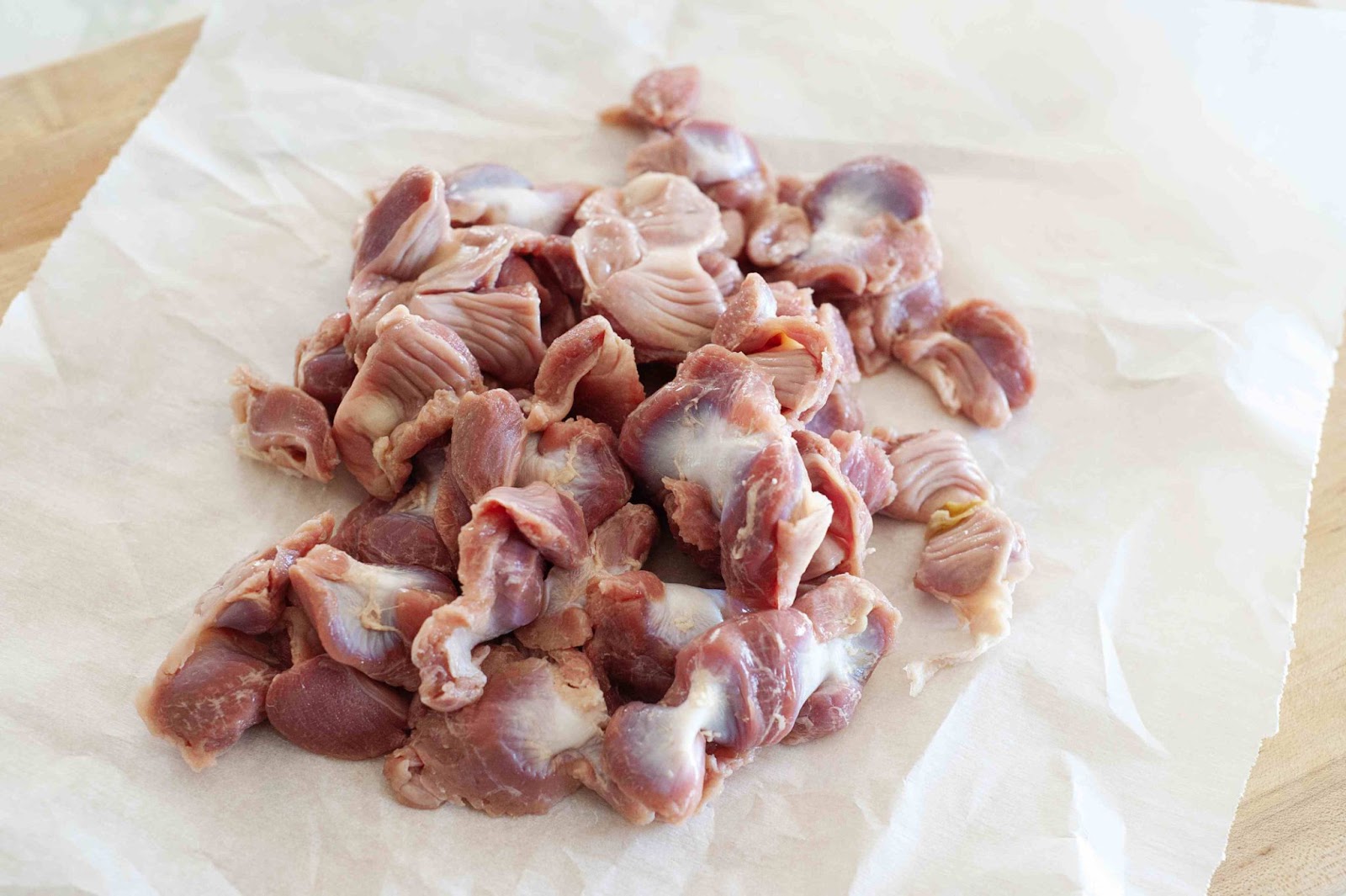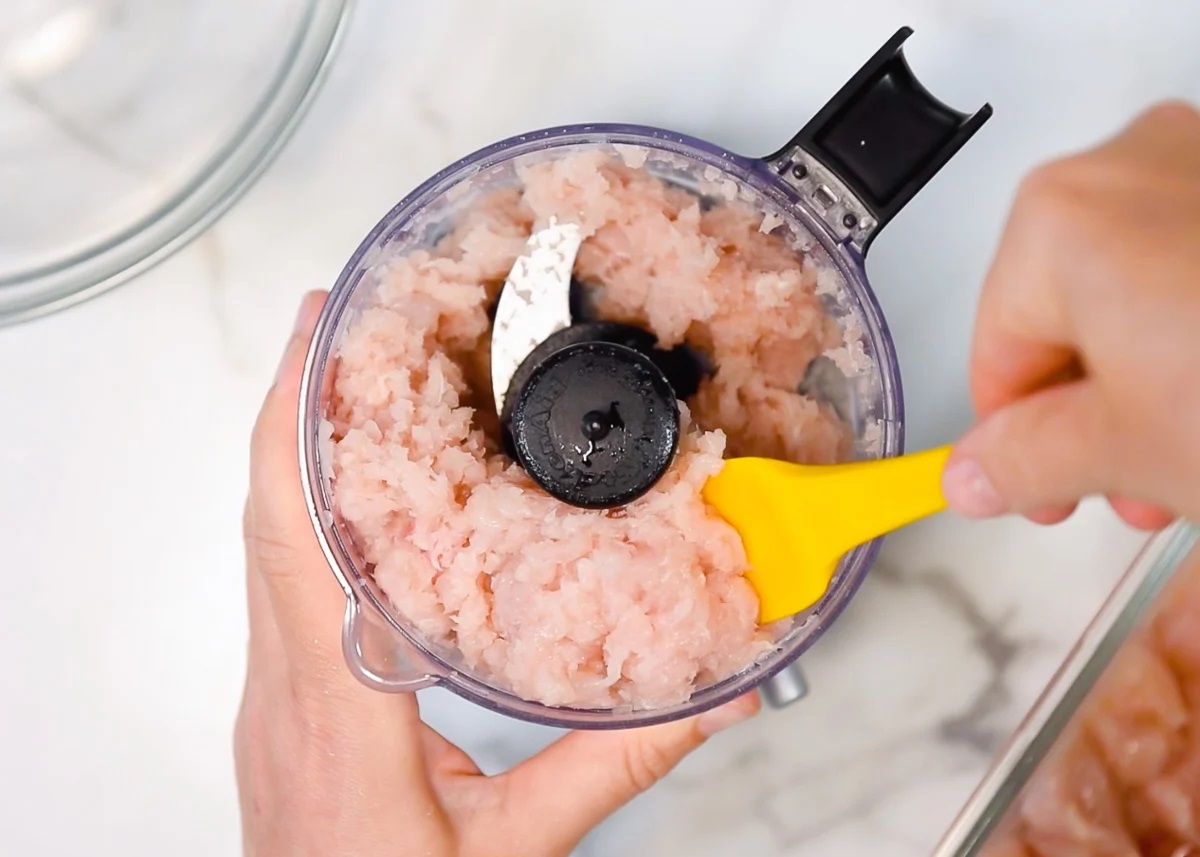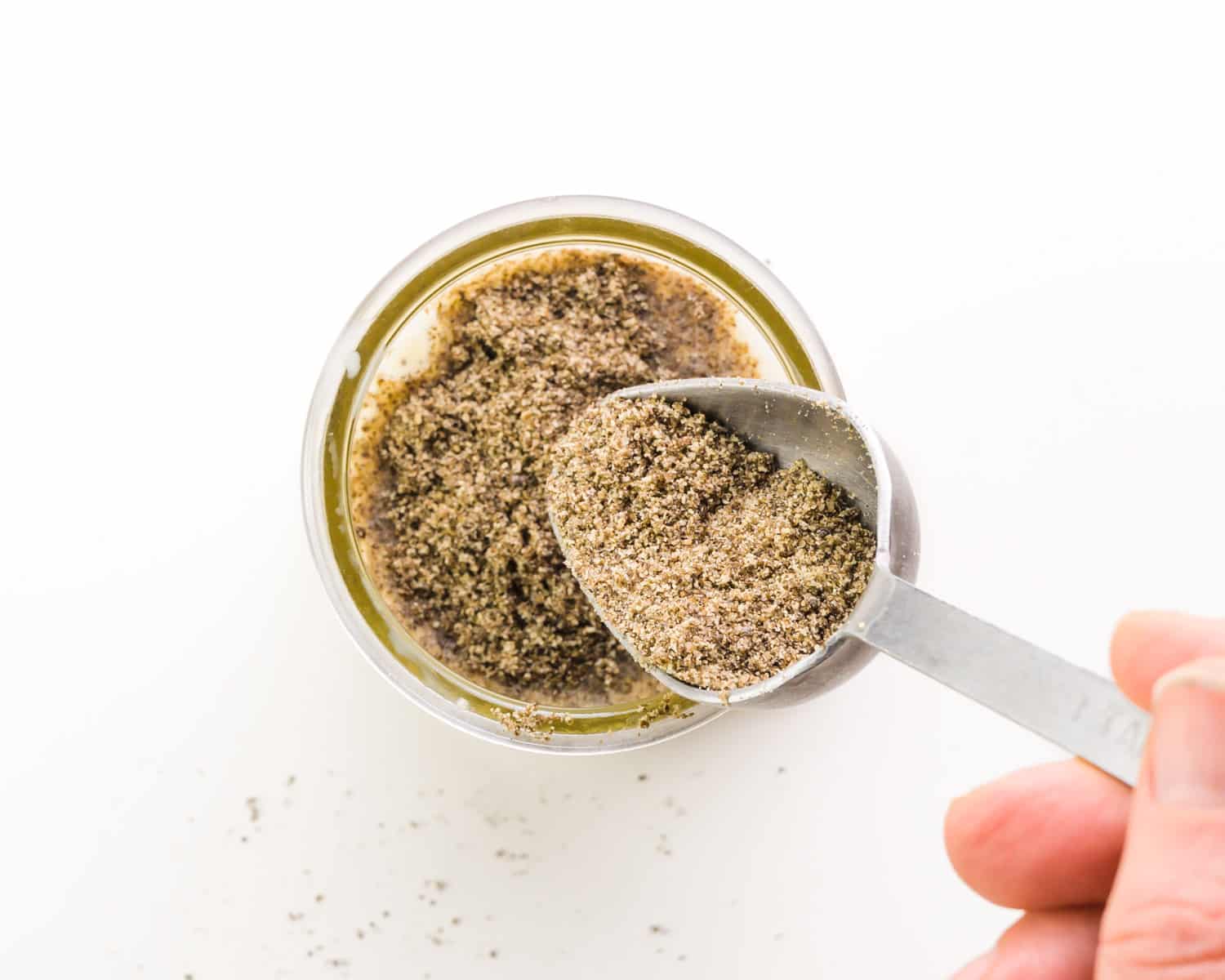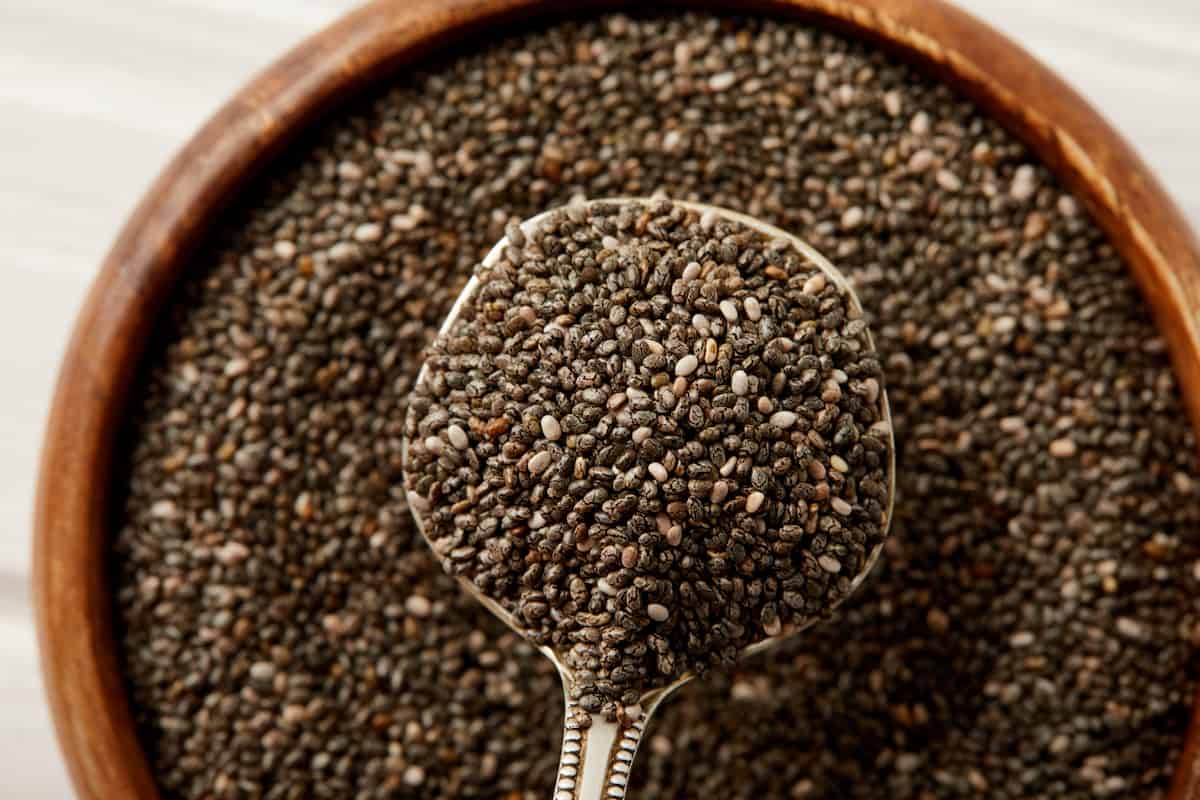Grinding corn and transforming it into beer might sound like a task reserved for seasoned brewers, but with a bit of patience and the right technique, anyone can embark on this fascinating process. Corn, with its sweet, earthy flavor, offers a unique base for beer, differing from traditional barley or wheat. This guide will walk you through selecting quality corn, grinding it to the perfect consistency, and fermenting it into a delicious, homemade brew. Whether you're a homebrew enthusiast or a curious beginner, mastering the art of corn beer will add an intriguing twist to your brewing repertoire.
Essential Ingredients for Corn Beer
- Dry corn kernels
- Water
- Yeast (specifically for brewing)
- Sugar (optional, for flavor enhancement)
- Hops (optional, for bitterness and aroma)
Necessary Tools for Brewing Corn Beer
- Grain Mill or Food Processor for grinding corn
- Large Pot for boiling
- Fermentation Bucket with airlock
- Hydrometer to measure sugar content
- Siphon Hose for transferring liquid
- Bottles or Keg for storing beer
- Bottle Capper if using bottles
- Sanitizer for equipment
Grinding corn for beer involves drying kernels, then milling them into a fine powder. Fermentation with yeast converts sugars into alcohol, creating a unique, flavorful homemade brew.
The Art of Making Corn Beer
Grinding corn for beer involves breaking down kernels into a fine powder, a process that releases starches. These starches are crucial for fermentation, where yeast converts them into alcohol and carbon dioxide, giving beer its distinctive taste and bubbly texture. This method has been practiced for centuries, showcasing a blend of tradition and science in brewing.
Understanding the chemistry behind corn grinding and fermentation helps brewers control the flavor profile and alcohol content of their beer. Each step, from selecting the right corn variety to the precise grinding technique, impacts the final product. This meticulous approach allows for the creation of diverse beer styles, satisfying various palates.
Brewing Corn Beer: A Step-by-Step Guide
Grinding Corn for Beer Making
-
Selecting Corn: Choose dry, whole kernel corn for optimal results. Quality matters for both flavor and efficiency.
-
Cleaning Corn: Rinse kernels to remove dust and debris. Let them air dry completely before grinding.
-
Drying Corn: If corn isn't fully dry, spread kernels on a baking sheet. Place in an oven at a low temperature, around 200°F, for 1-2 hours or until thoroughly dry.
-
Equipment Preparation: Clean your grain mill before use. Adjust settings for a coarse grind. This texture is crucial for mashing.
-
Grinding Process: Feed corn into the mill in small batches to prevent jamming. Collect ground corn in a clean container.
-
Sifting Ground Corn: Use a mesh strainer to sift. Separate larger chunks from the fine meal. Re-grind larger pieces for uniformity.
-
Storing Ground Corn: Store in an airtight container. Keep in a cool, dry place to prevent spoilage.
Making Beer from Ground Corn
-
Mashing: Combine ground corn with water in a large pot. Heat slowly, stirring constantly to prevent sticking. Maintain temperature around 150°F for 1 hour to convert starches into sugars.
-
Lautering: Separate liquid (wort) from the solids. Use a cheesecloth or a fine mesh strainer. Ensure clarity in the wort for better fermentation.
-
Boiling Wort: Boil the clear wort for about 1 hour. This step sterilizes the liquid and allows for the addition of hops or other flavorings.
-
Cooling: Cool the boiled wort quickly to around 70°F. Fast cooling prevents bacterial growth.
-
Fermentation: Transfer cooled wort to a sanitized fermenter. Add yeast. Seal the fermenter, allowing CO2 to escape while preventing air entry.
-
Fermentation Time: Let the wort ferment for about 2 weeks at a stable temperature. Watch for signs of fermentation, such as bubbling.
-
Bottling: After fermentation, siphon beer into clean bottles, leaving sediment behind. Add a small amount of sugar to each bottle for carbonation.
-
Capping: Seal bottles with caps. Ensure a tight fit to maintain carbonation.
-
Conditioning: Store bottles at room temperature for 2 weeks. This allows carbonation to develop.
-
Refrigeration: Chill beer before serving. Cold temperatures enhance flavor and refreshment.
-
Enjoying: Serve your homemade corn beer in a clean glass. Enjoy the fruits of your labor with friends or family.
A Look Back at Our Brewing Adventure
Grinding corn and transforming it into beer is a journey that takes patience, skill, and a touch of creativity. We've walked through selecting the right corn, the importance of a fine grind, and the magic of fermentation. This process not only connects us with ancient brewing traditions but also opens up a world of flavor possibilities unique to corn-based beers. Whether you're a seasoned brewer or a curious novice, the satisfaction of crafting your own beer from scratch is unmatched. Remember, the key to a great beer lies in the quality of ingredients, precision in process, and your willingness to experiment. So, grab your grinder, gather your brewing gear, and let the adventure begin. Here's to your next batch of homemade corn beer, may it be your best one yet!
For those eager to use their newfound corn grinding skills in brewing, there's a variety of recipes to explore. The Corn Pilsner Recipe offers a light and crisp beer that's perfect for summer. If you're in the mood for something with a bit more body, try the Corn Wheat Beer Recipe, which balances the sweetness of corn with the smoothness of wheat. For a richer experience, the Corn Porter Recipe combines roasted malt flavors with the subtle sweetness of corn. If you're looking to brew something with a more robust taste, the Corn Bock Recipe is a great choice, featuring a strong malt profile complemented by the corn's natural sweetness. Lastly, the Corn Dunkel Recipe provides a dark, full-bodied beer with complex flavors. Each of these recipes leverages the unique characteristics of corn to create distinctive and enjoyable beers, making them all worth a try.
All Your Questions About Corn Beer Answered
How do you grind corn for beer making?
Grinding corn for beer involves a process called milling. You'll need a grain mill set to a coarse grind. If you don't have one, a food processor or a blender can work in a pinch. Just pulse the dried corn until it's cracked, not turned into flour. You're aiming for pieces about the size of coarse sand. This size ensures the water can access the starches inside during mashing, which is crucial for fermentation.
What type of corn is best for brewing beer?
For brewing, flint or dent corn varieties are top picks due to their high starch content, which is essential for fermentation. These types have been traditional choices for centuries in various brewing cultures. Popcorn and sweet corn are less ideal because they have different textures and sugar contents, which can affect the brewing process and the final flavor of the beer.
Can you brew beer at home using corn?
Absolutely, brewing beer with corn at home is not only possible but also a fun way to experiment with different flavors. Corn adds a unique sweetness and can lighten the body of the beer, making for a crisp finish. Just remember, you'll still need malted barley or another enzyme source to help convert the corn's starches into fermentable sugars.
What's the fermentation process like when using corn?
Fermentation with corn follows the same basic principles as with other grains. Once you've mashed the corn and extracted the sugars, you'll mix it with yeast in a fermenter. Keep it at a steady, warm temperature. The yeast will feast on the sugars, producing alcohol and carbon dioxide. This process usually takes about one to two weeks. Using corn might slightly alter the fermentation rate or efficiency, so keep an eye on the specific gravity to know when it's done.
How long does it take to make beer from corn?
From grinding the corn to taking your first sip of homemade beer, the timeline can vary. The brewing day itself, including mashing and boiling, might take about 6 to 8 hours. Fermentation can last from one to two weeks. Then, if you're bottling, add another two weeks for carbonation. All in, you're looking at about a month from start to finish. This timeframe can vary based on your recipe and process specifics.
Is special equipment required to brew with corn?
While no special equipment is strictly necessary beyond what's needed for traditional homebrewing, a few items can make the process smoother. A good grain mill is crucial for properly grinding your corn. Additionally, a larger mash tun might be helpful since corn can absorb a lot of water and swell during mashing. Beyond that, standard brewing gear like fermenters, siphons, and bottles will do the trick.
Can corn beer taste as good as barley-based beers?
Corn beer can absolutely stand toe-to-toe with its barley-based counterparts in terms of flavor. It tends to produce a lighter, crisper beer that's perfect for those who enjoy refreshing and less heavy brews. The key is in the balance and the brewing process. With the right recipe and attention to detail, you can craft a corn beer that might just become your new favorite.
